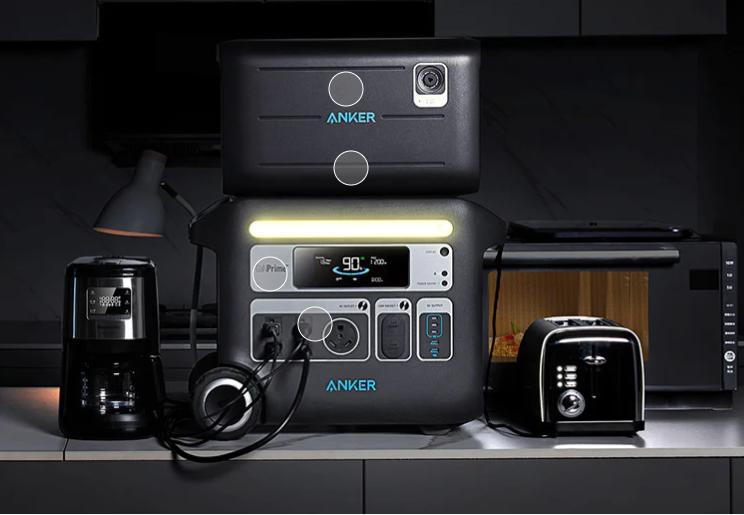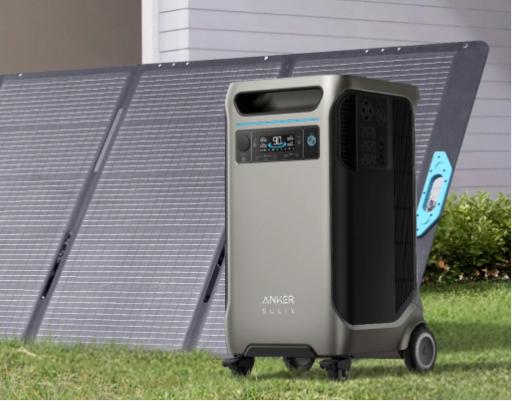
For any home, managing energy consumption effectively is essential for keeping utility bills under control. By implementing a few smart strategies, you can reduce energy usage while maintaining comfort in your home. Below, let’s explore some of the best ways to lower your energy costs.

Practical Steps to Cut Down Energy Bills
Here are practical steps you can take to ensure efficient energy use and lower your electricity bills.
1. Unplug Unused Electronics
Even when devices are switched off, they can still consume electricity if left plugged in—this hidden energy usage is known as "phantom load." Devices like TVs, chargers, and game consoles consume energy in standby mode. To save energy, unplug electronics or use power strips with switches to cut off power completely. It’s helpful to know how much electricity a TV uses in standby versus active mode so you can take appropriate steps.
2. Switch to Energy-Efficient Appliances
Investing in energy-efficient appliances can lead to significant savings. Look for appliances with ENERGY STAR ratings, which consume less electricity without compromising performance. Modern refrigerators, washing machines, and televisions are designed to use less power. So knowing how much electricity does a tv use or your washing machine uses can help you choose models that are more efficient, especially if you use them frequently.
3. Use Smart Thermostats for Heating and Cooling
Smart thermostats allow you to automate heating and cooling schedules based on your daily routine. Reducing heating and air conditioning use when you are not at home prevents energy waste. These devices also provide insights into energy consumption, helping you fine-tune your usage habits for maximum efficiency.
4. Switch to LED Lighting
Lighting accounts for a substantial portion of household energy usage. Replacing incandescent bulbs with energy-efficient LED lights can lower energy consumption. LED bulbs last longer and use a fraction of the energy compared to traditional bulbs, resulting in both immediate and long-term savings on your energy bills.
5. Insulate Your Home Properly
Proper insulation ensures that your home retains heat in winter and stays cool in summer. This reduces the workload on your heating and cooling systems. Check windows, doors, and attic spaces for any leaks or drafts, and seal them to prevent heat loss. Insulating your home adequately can make a noticeable difference in your energy bills.
6. Take Advantage of Solar Energy
If feasible, installing solar panels can drastically reduce your energy bills over time. Solar energy provides a sustainable source of power and reduces reliance on the grid. Many homeowners participate in net metering programs, where surplus energy produced by their solar panels is sent back to the grid, earning them credits that help offset future electricity bills.

7. Optimize Appliance Use
Using appliances efficiently helps reduce energy consumption. For instance, run dishwashers and washing machines only when they are full. Opt for cold water washes whenever possible, as most modern detergents are designed to work efficiently at lower temperatures. Air-dry clothes instead of using a dryer. Also, avoid overloading refrigerators and freezers, as they consume more energy when airflow is restricted. With these small changes, you can ensure that appliances operate optimally and save energy over time.
Conclusion
Overall, cutting down on energy bills doesn’t require drastic changes—small adjustments in habits and the right appliances can have a lasting impact. Understanding how much electricity your device uses or switching to efficient lighting and appliances are just a few ways to start reducing energy consumption. By adopting these practices, you can create a more energy-efficient home, lower your utility costs, and contribute to a greener future.